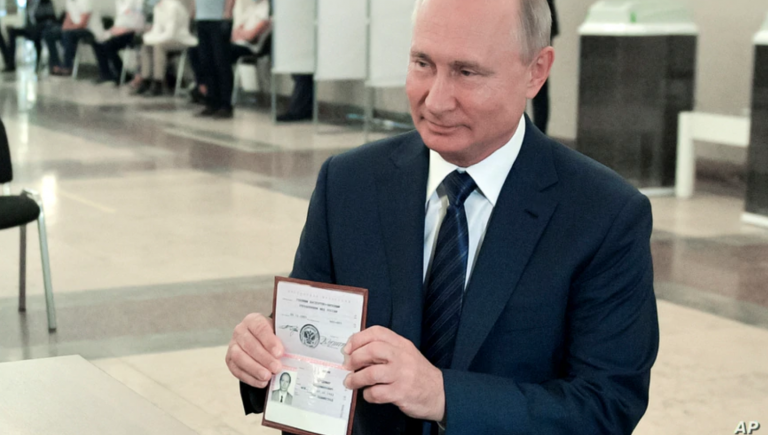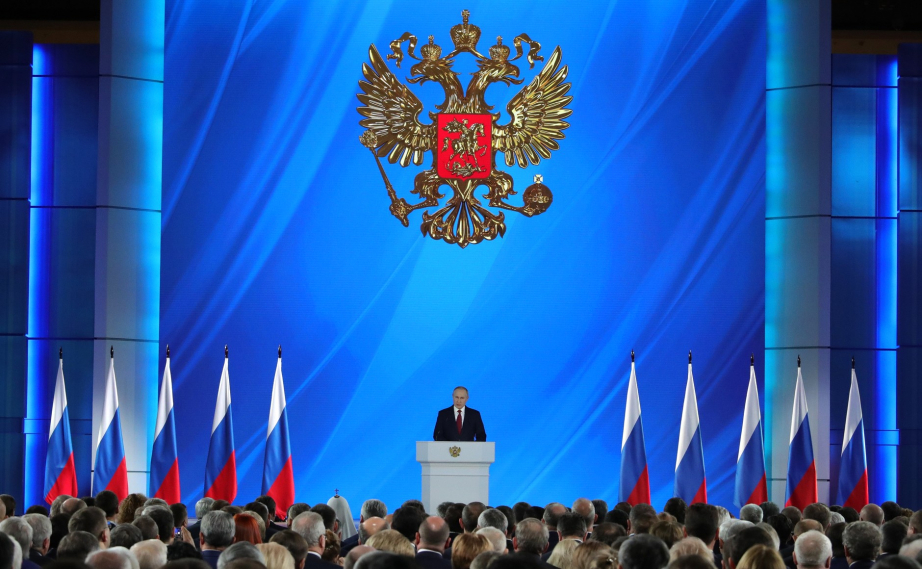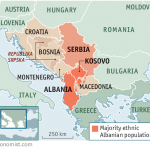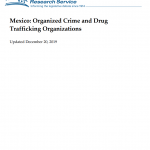The Kremlin has turned the trick at the constitutional referendum, allowing Putin to extend his rule until 2036. The outcome contests the transparency and fairness of the vote. Preparation and referendum itself speak for the deep crisis in the Russian government, loss of public confidence and further electoral fraud.
The fact that the results were announced before the end of the vote implies widespread fraud and their illegitimacy. This fact has shades of social impact and lower opposition voters’ turnout as they were convicted that everything had already been decided without them.
Сoncurrently, the referendum featured new campaigning technology, called the lottery approach. It boosts the turnout through practical prize-giving to the Russians. From a legal point of view, it is vote buying that contradicts the democratic voting procedures. However, it plays out for conformists only, for Putin-supporters or on-the-fence voters. The lottery vote does not affect Putin’s opponents; therefore, it serves to mobilize his voters.
The exit polls in Moscow, St. Petersburg and some RF regions showed a low approval rating for Putin’s constitutional initiatives.
For example, 51% voted for the amendments in the Russian capital, the NGO exit polls claim. 49% were against amid 48.73% turnout. The showings are even more critical in St. Petersburg: 44% – “for” and 56% – “against” the amendments. Extremely low turnout has been shown in the regions, making the vote rigging easier. For example, the turnout was less than 25% in the Sverdlovsk region. In Yekaterinburg, with a population of over 1 million people, turnout was 5.92%.
The turnout was less than 50% in most of the regions. At the same time, the government’s propaganda channels claimed the turnout would exceed 70%, and the RF citizens would support the constitutional amendments all out. The amendments to the Constitution of the Russian Federation have been supported by 77.92% of Russians, the CEC said.
Consequently, the official result contradicts the level of support for Vladimir Putin himself. The Public Opinion Foundation survey, held on June 21, 2020, shows that generally 59% of citizens place confidence in Putin. That is 18.9% less than the referendum result. Such showings might speak for either ballot fraud, or distorted referendum results over the social and economic amendments, included in the list, blurring people’s perception of Putin’s rule extension.
Meanwhile, the difference between the turnout forecasts declared by the authorities and the real showings allows to assume a ballot fraud at the level of at least 30%.
The exit polls and voting records reveal that the Kremlin has lost social support, and the aggressive involvement in the process of will expression is needed to make it past the threshold.
The main violations during the voting refer to the authorities’ pressure on the voters:
• Campaigning by election commissions, authorities,
• Violations during early “home-based” voting,
• Violations of electronic and digital voting,
• Vote buying,
• Ballot box stuffing, voting for other persons, illegal inclusion in the voters’ list, bribery, etc.
The referendum was prepared amid massive propaganda campaign. However, and despite the administrative pressure, a low turnout might speak for the Kremlin losing its influence on the population and the proclivity for silent protest, that is, ignoring the government’s call for action.
The unverified Russian telegram channels data show that 2/3 of the FSB St. Petersburg border control department personnel voted against the amendments. If this fact is confirmed, this might mean that the state system is out-of-balance, and government functioning structures lose their motivation to support the government.
The opinion polls speak for zeroing Putin’s terms of office amendment as the most rejective one. If the rest of the items gain 50/50% approval-disapproval, the number of those who are against zeroing exceeds 70%. Consequently, the amendment for Putin to keep his power until at least 2036 is undoubtedly the key one. All the rest of the amendments should have reduced negative public attitudes, blurring them in other social and economic issues.
A lot of states from Russia’s orbit have opted for zeroing presidential terms, i.e. Belarus (1996), Kyrgyzstan (1998), Kazakhstan of Nazarbayev-era (2000), Tajikistan (2003), Uzbekistan of Karimov-era (2007). This scheme was also used by Alberto Fujimori in Peru, Blaise Compaore in Burkina Faso (2005), Abdul Wad in Senegal (2012), Evo Morales in Bolivia (2013), Pierre Nkurunziza in Burundi (2015), Abdel Fattah al-sisi in Egypt (2019) and Hugo Chavez in Venezuela (1999). All of them are authoritarians.
In the context of Russia, we are talking about the Soviet traditions, when the Communist Party Secretaries General ended their term of office just by death. The same pattern is functioning in North Korea today.
The sources close to diplomatic circles claim that Vladimir Putin has been looking for options to retain his presidential power in Russia for the life term for the last 4 years.
Zeroing usually triggers social shifts, followed by coups (civil unrest) and the presidents’ fleeing the country, such as in the case of Akayev (Kyrgyzstan), Morales (Bolivia), Nkurunziza (Burundi), Compaore (Burkina Faso). Similar risks are at the forefront for Belarus today.
Thus, the process and the outcome of the referendum on amendments to Russia’s Constitution raises questions about the legitimacy, transparency and democracy of the vote itself and its result. At the same time, a significant gap between Putin’s support marks and the constitutional referendum result speaks for an escalation of social tensions and the actual repetition of the social situation prior to Soviet breakup. This translates into lower public support for the authorities amid low readiness to initiate a protest if pressure generated by the police or security agencies. Such context adds to the growth of hidden discontent, likely to translate into social unrest in case the Kremlin’s internal competitive things get rolling again, including from a specific force structure seeking to get grip in Russia.





